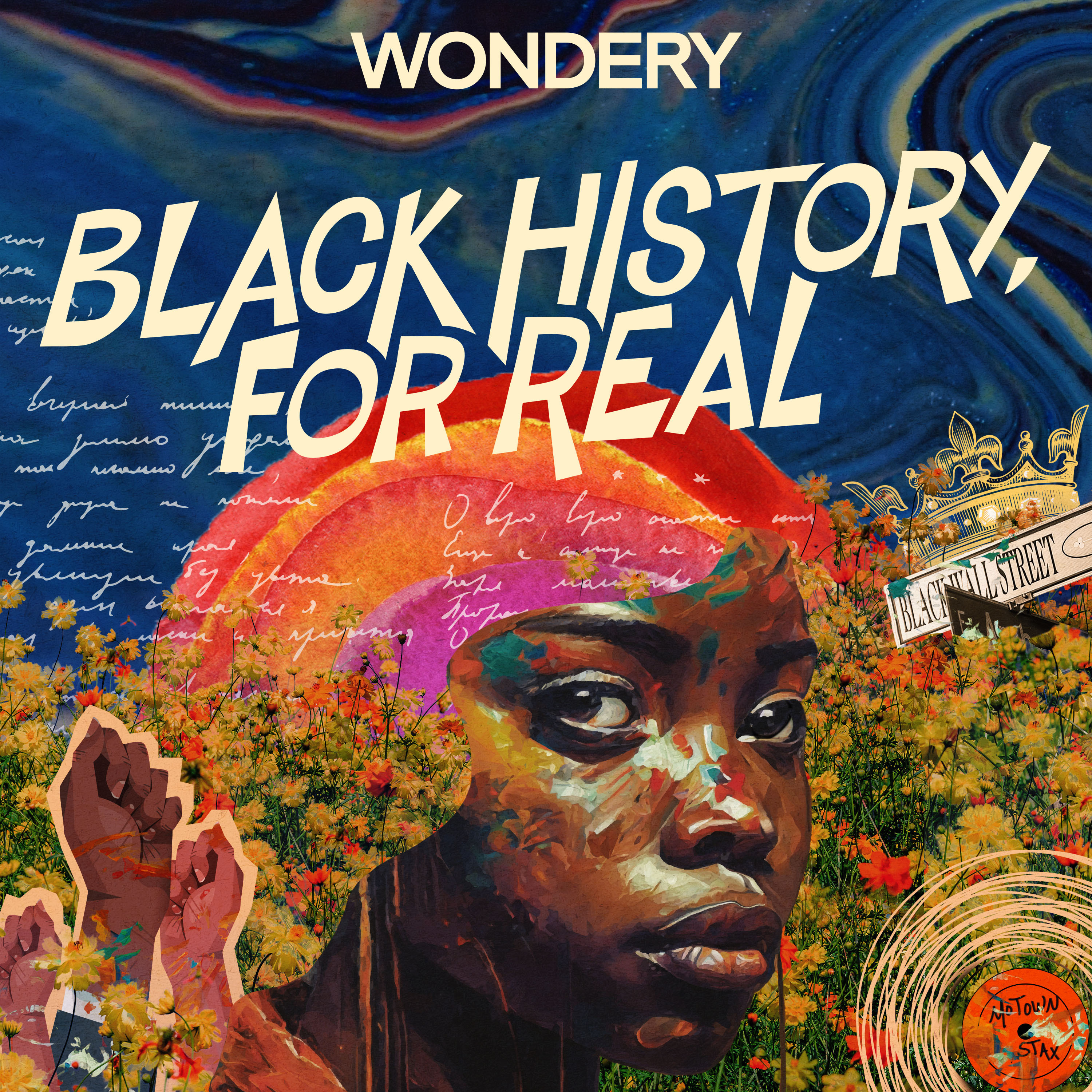
16 | America Has A Problem | For Real, For Real

Black History, For Real
Deep Dive
Shownotes Transcript
Black culture is a pivotal pillar of broader American culture. From fashion, to language, to being the sonic foundation to much of American music. In this special episode, our hosts do a deep dive into country music and how its roots are grounded in Black music. Using Beyoncé’s latest effort, Cowboy Carter, as a springboard, Conscious Lee and Franchesca Ramsey discuss the differences between appreciation, appropriation, and colonization of Black culture. There’s also a history lesson on grillz. And not the ones you cook burgers on.
Listen to Black History, For Real on the Wondery App or wherever you get your podcasts. Experience all episodes ad-free and be the first to binge the newest season. Unlock exclusive early access by joining Wondery+ in the Wondery App, Apple Podcasts or Spotify. Start your free trial today by visiting https://wondery.com/links/black-history-for-real/) now.
See Privacy Policy at https://art19.com/privacy) and California Privacy Notice at https://art19.com/privacy#do-not-sell-my-info).